Pets become seniors at varying ages, from anywhere from 6 to 10 years old, depending on their size. Cats and small-breed dogs typically live longer than large- and giant-dog breeds. As your pet approaches their senior years, they often require more—or simply different—care and attention. The Providence Vet team believes senior pets deserve a little extra TLC in exchange for their lifetime of unconditional love. Here are some of our favorite ways for pet owners to support their furry seniors.
#1: Schedule routine veterinary visits
Aging is not a disease, but older pets are more likely to develop painful, life-shortening medical conditions, such as arthritis, kidney disease, heart disease, or dental disease. The sooner we can detect a brewing problem, the more effective treatments we can provide. We recommend senior pets visit us at least twice per year for routine physical examinations and screening diagnostic tests, including blood work, urinalysis, and blood pressure testing.
Senior pets also need the same preventive care that they received in their younger years, but prevention is now more important because their immune system is less efficient, and fighting off infectious or parasitic diseases can be more difficult. Preventive care for seniors includes parasite prevention, parasite screening tests, vaccination boosters, and routine dental care.
#2: Keep a consistent daily schedule
Senior pets appreciate a consistent daily routine and changes can cause them undue stress. Try to feed and walk them at the same times each day and avoid changing too many things at once. This includes adding a family pet—a playful puppy or kitten companion for your senior pet may seem like a good idea, but should be considered only if your current pet truly enjoys other animals’ company. If you do add pets to the household, ensure your senior pet has their own place where they can remove themselves from the antics of a puppy or kitten.
#3: Encourage pets to exercise their bodies and minds
Exercise—physical and mental—is crucial to a senior pet’s wellbeing. Exercise and mental stimulation help to reduce boredom, stave off cognitive decline, keep joints and muscles strong and resilient, and maintain a healthy weight. Physical activity should be modified to accommodate older pet needs, while still keeping them active. Short, slow walks and light play or training sessions serve this purpose well. Some pets may also appreciate swimming or hydrotherapy sessions, which do not impact the joints.
#4: Modify your home to accommodate senior pet needs
Senior dogs often struggle with their footing and cats may have difficulty jumping up and down from their favorite places. Reduced vision may also make navigating the home difficult. For dogs, try placing rugs and runners strategically throughout the house, and block off stairs to prevent falls. For cats, use ramps or pet stairs, so they can access their favorite places. To help pets whose vision is impaired, avoid moving furniture, keep floors clutter-free, and plug in night lights throughout the home.
#5: Provide high-quality senior pet nutrition
Good nutrition is crucial at any age and senior pets often have specific nutritional requirements. Pets with diagnosed medical conditions can benefit from a prescription therapeutic diet aimed at controlling their disease—diets exist for arthritis, cancer, heart disease, kidney disease, digestive issues, and many others. For general nutrition, choose a senior formula with high nutrient density and easily digestible ingredients. Focus on helping your senior pet stay lean and maintain healthy muscle tone.
#6: Adjust your pet’s grooming routine
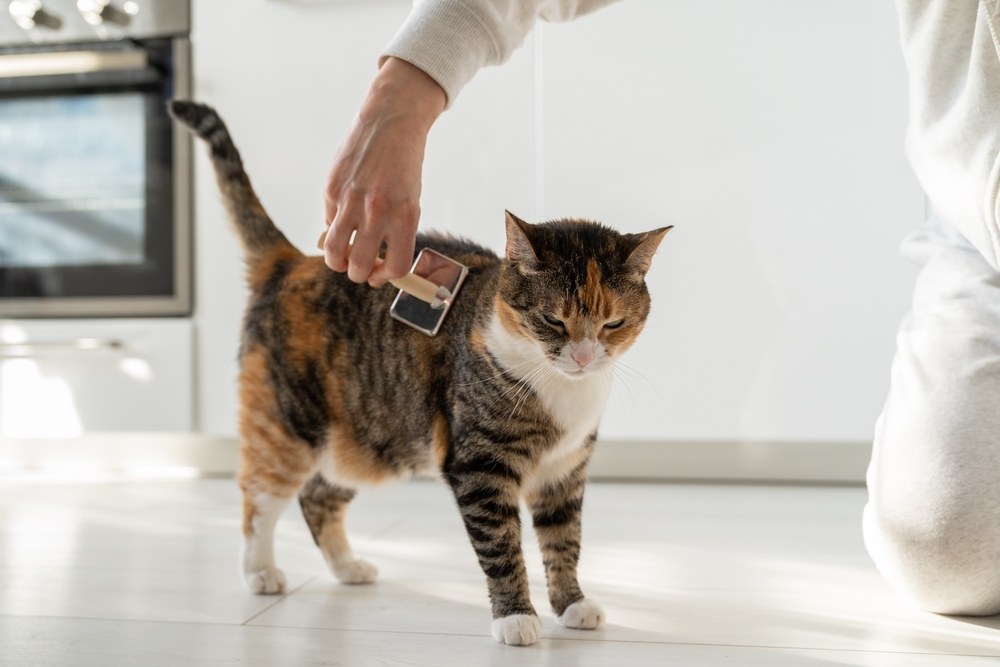
Cats often groom less as they age, which can indicate arthritis. Discuss this with our veterinary team to ensure we address their pain, and then adjust your home grooming routine to help them maintain their cleanliness. They may need daily brushing, along with occasional bathing with medicated shampoo, to avoid matting and greasiness.
Dogs may need their hair trimmed around the paws, hind end, and face for good hygiene, or an overall shorter hair cut than when they were young. Regular bathing remains important for dogs in their senior years—ask our team for shampoo recommendations.
Many senior pets, like senior humans, prefer a slow-moving, easygoing pace. Others like to be social and active but need activity modifications or assistance to do the things they love. Whatever your senior pet needs, the Providence Vet team is here to help. Contact us to schedule your senior pet’s next wellness examination, so we can discuss how you can help them continue living a happy, fulfilling life.


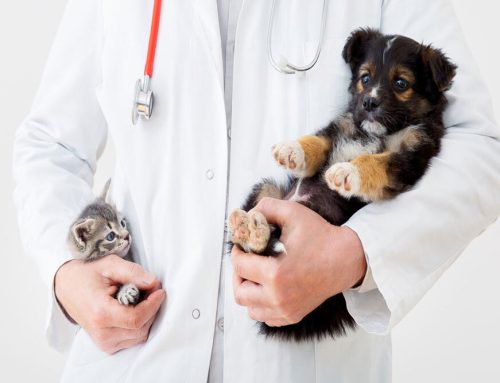
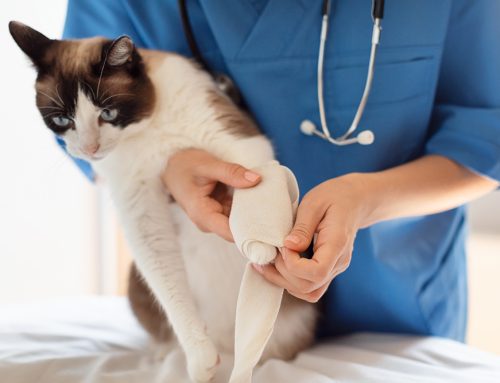
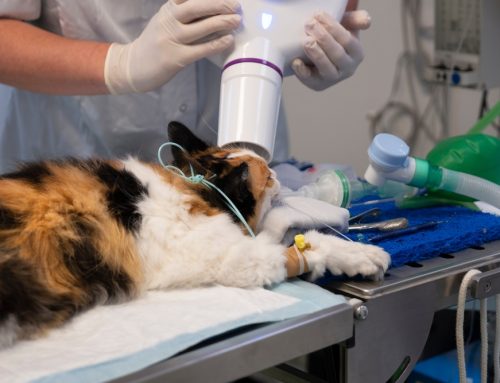
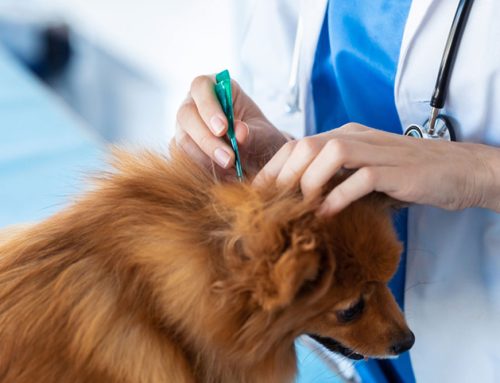
Leave A Comment